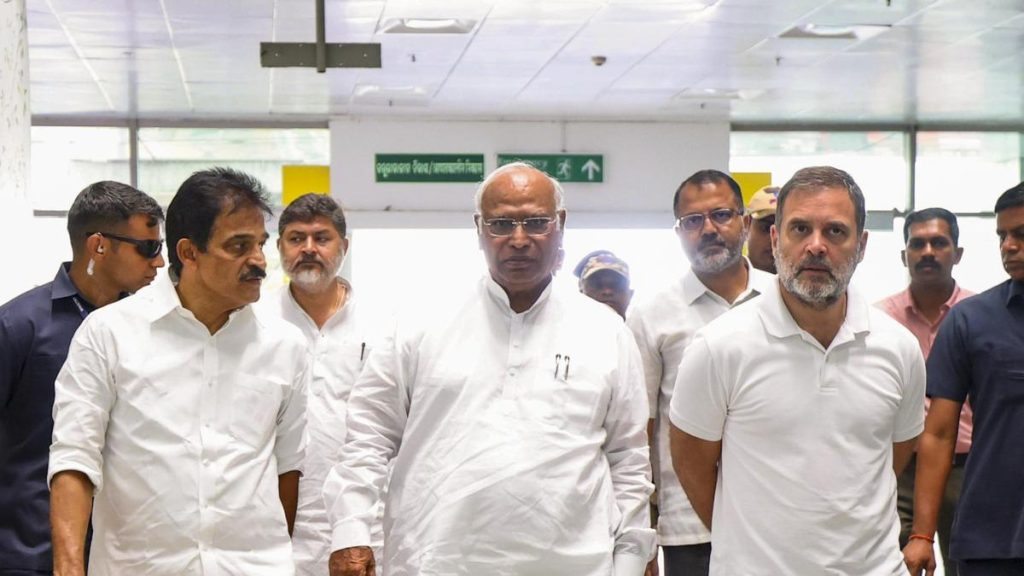Now Reading: SIT Summons Vijaya Sai Reddy in Liquor Scam Investigation
-
01
SIT Summons Vijaya Sai Reddy in Liquor Scam Investigation
SIT Summons Vijaya Sai Reddy in Liquor Scam Investigation

Quick Summary
- The Special Inquiry Team (SIT) has summoned V. Vijaya Sai Reddy, a former Rajya Sabha member, for questioning in a multi-crore liquor scam case.
- He has been directed to appear before the investigation officer on July 12 at 10 a.m. in Vijayawada.
- The SIT is investigating allegations of public representatives and officials colluding from 2019 to 2024 to implement a liquor policy that favored certain brands in exchange for kickbacks, causing notable financial losses to the government.
- SIT Additional Superintendent of Police confirmed the notice and shared details about the case.
- So far, SIT police have arrested 11 people linked to the scam; they are currently under judicial remand.
- Properties worth approximately ₹30 crore from some of the accused have been seized by authorities.
Indian Opinion analysis
The ongoing investigation into this alleged multi-crore liquor scam highlights several systemic concerns regarding governance and accountability. If the accusations prove valid, they point toward deep-rooted collusion between policymakers and private entities, undermining public trust. Such allegations raise critical questions about regulatory oversight over policy implementation processes during critical periods such as 2019-2024.
Furthermore, with assets worth ₹30 crore already attached, there may be broader implications for tackling white-collar corruption. Ensuring transparency and timely legal action could serve as deterrents for similar offenses in politically sensitive sectors like alcohol distribution.
For India at large, cases like this underline an urgent need for reforms that increase government scrutiny while fostering public-oriented policymaking without undue influence from private stakeholders.
























